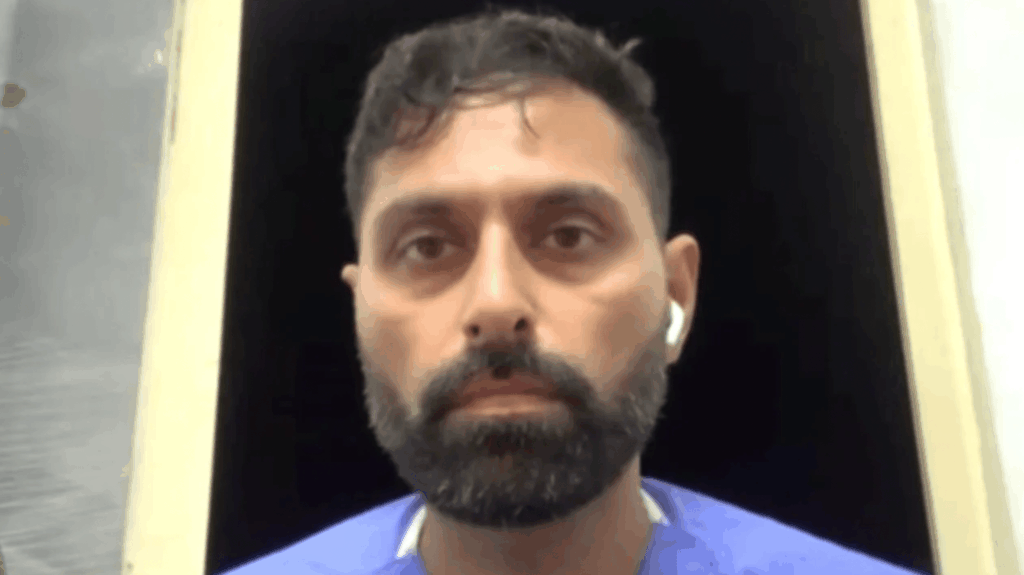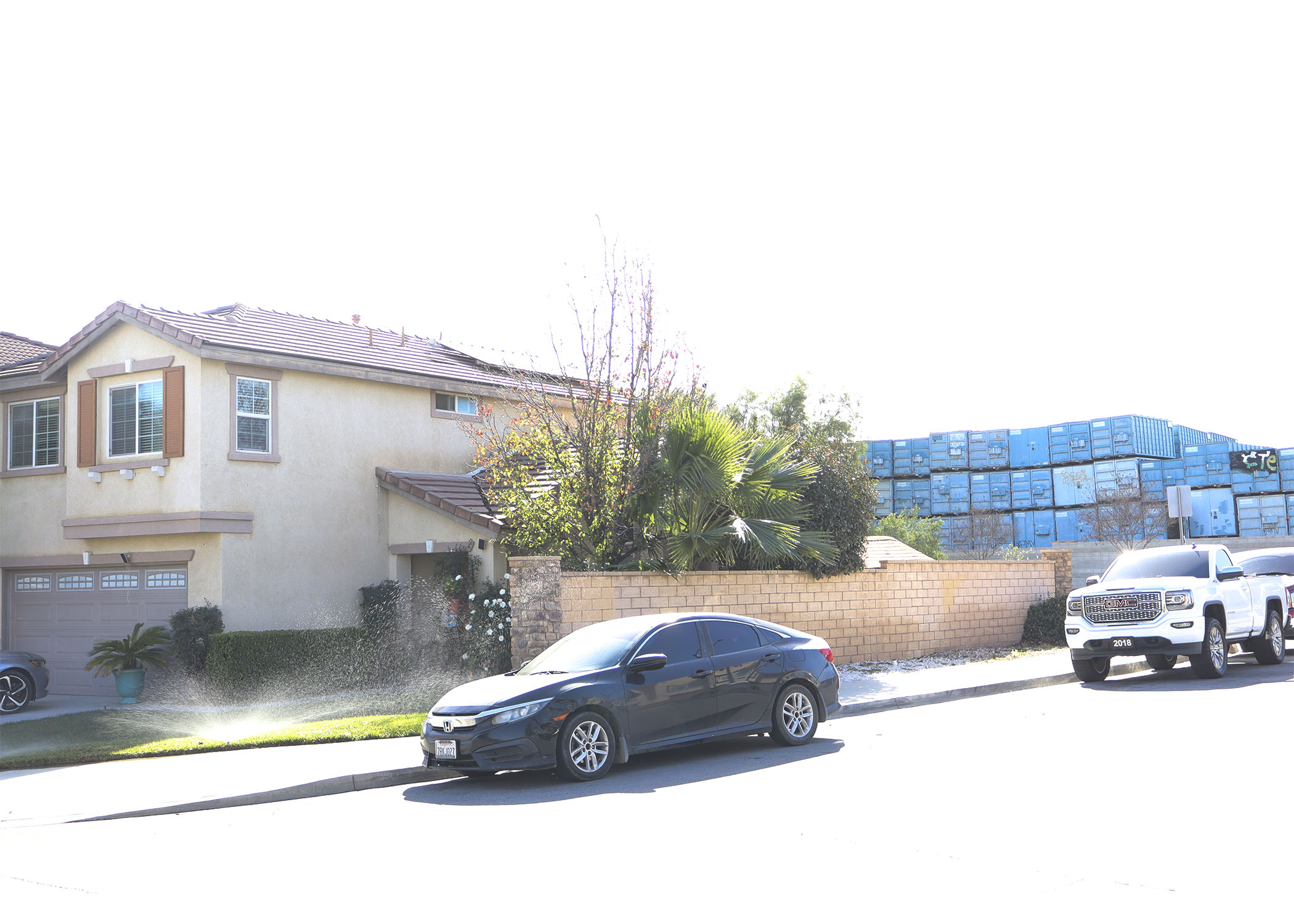(AUSTIN, Texas) — “The situation is terrible, resources are minimal, and the quality of care is extremely limited,” Dallas-based spinal surgeon Dr. Mohammed Khaleel told The Click during a two-week medical mission into Gaza in September. He spoke between intermittent airstrikes from his post at Al-Ahli Hospital located in the central Gaza City. His interview with The Click was conducted prior to the U.S.-brokered ceasefire agreement between Israel and Hamas that went into effect on October 10. It has been edited for clarity and length.
The Click: What is it like getting into Gaza? Has it been different every time?
Dr. Mohammed Khaleel: It has been. The first time was unique because we actually went through the Rafah border, through Cairo. We had these suitcases full of supplies. When I came back in November, we had to go through the Kerem Shalom border, and there you could only bring personal items. It was one suitcase, one backpack, and that’s the case this time as well. The restrictions are pretty significant. The [World Health Organization], that’s who we’re coming through, tells us to stick with the restrictions because there’s a risk of the whole group being turned around or having items confiscated or destroyed.
The Click: Talk about what day-to-day looks like at the hospital, what kinds of injuries and cases you’re treating, and the conditions there.
Khaleel: In the South, we’re seeing a lot of the same things we saw last year — sniper bullets to the back, chest, and kids. Each time, it’s worse, which isn’t something you can predict. In April of last year, it was mainly sniper injuries. In November, up north, it was a ton of airstrikes and drone shootings, mostly blast injuries. This time, it’s kind of an even split between blast injuries from airstrikes and gunshot wounds from aid distribution sites. It’s constant mass-casualty events. One thing that’s really been striking — just in the past couple of days — there have been three orchiectomies, or testicle removals. There’s a urologist here who’s had to remove testicles from kids shot in the scrotum. I think whoever is doing the shooting kind of sees it as target practice. They’re policing these aid sites, and people know it’s a trap — but they go anyway. One of the guys we’re working with was with his younger brother at one of the Zikim distribution sites. He made it back okay, but most people would rather pay inflated market prices than risk going there. What’s interesting is that Zikim, which isn’t a Gaza Humanitarian Foundation distribution site, is actually where some UN aid trickles through. That’s where people go just to survive, even though a lot get run over or shot trying to reach it.
The Click: I read an interview you did last year with The Intercept, but obviously, things have gotten much worse. Reports show rising famine and deaths from starvation, especially among women and children. Can you talk about how famine and malnutrition are affecting the patients you’re seeing? I imagine that performing surgery is only half the battle, recovery must be nearly impossible under those conditions.
Khaleel: Absolutely. The physicians and nurses we’re working with are also suffering. It’s a rough situation. There’s this acceptance that this is just the way it is. Journalists get killed — that’s usually a precursor to a military escalation. People are saying, “What’s there left to invade?” Gaza’s destroyed. But still, there are people in the city trying to live.
The Click: Do you have fears yourself? The strikes you mentioned getting worse and more frequent, how do you keep going day-to-day, trying to help people while under those conditions?
Khaleel: It’s surreal. You get here, and there’s airstrikes constantly. You just try to keep working.
The Click: Do you plan on coming back to the states soon. How much longer will you be there?
Khaleel: I’m trying to get to Houston, because I know one child was flown to a hospital there and another to Dallas with HEAL Palestine [a US-based charity]. They’ve had more success than anyone else evacuating patients. I still do some cases at Scottish Rite, a pediatric hospital in Dallas. If they have complex cases from Gaza, I go there and meet with them.
The Click: That’s incredible. I can imagine it must be hard to come home and still have your mind there.
Khaleel: Yeah, definitely. Every year, it’s difficult.


